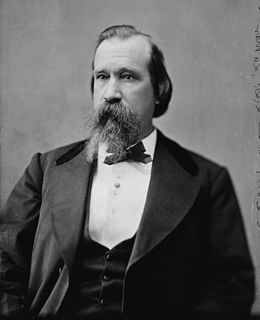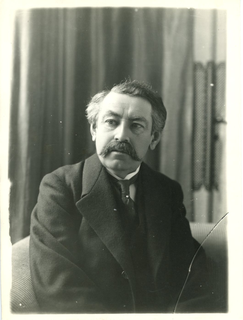A Quote by Lucius Quintus Cincinnatus Lamar II
The nations of Europe constitute a federative league, a commonwealth of nations which, though it has no central head, is so intimate and elaborate as to subject the action, and sometimes even the internal affairs, of each to surveillance and intervention on the part of all the others.
Related Quotes
I do not know if the doctrine that the nation-state arose in the 19th century was still being taught:;... but it is erroneous. The nation-state reaches back far into the origins of Europe itself and perhaps beyond. If Europe was not always a Europe of nations, it was always a Europe in which nations existed, and were taken for granted, as a basic form of the State.
It was just one year ago that the world saw this new, invigorated United Nations in action as this Council stood fast against aggression and stood for the sacred principles enshrined in the U.N. Charter. And now it's time to step forward again, make the internal reforms, accelerate the revitalization, accept the responsibilities necessary for a vigorous and effective United Nations. I want to assure the members of this Council and the Secretary-General, the United Nations can count on our full support in this task.
All cultures forged by nations—the noble indigenous past of America, the brilliant civilization of Europe, the wise history of Asian nations, and the ancestral wealth of Africa and Oceania—are corroded by the American way of life. In this way, neoliberalism imposes the destruction of nations and groups of nations in order to reconstruct them according to a single model. This is a planetary war, of the worst and cruelest kind, waged against humanity.
The public affairs of the union are spread throughout a very extensive region, and are extremely diversified by the local affairs connected with them, and can with difficulty be learnt in any other place, than in the central councils, to which a knowledge of them will be brought by the representatives of every part of the empire. Yet some knowledge of the affairs, and even of the laws of all the states, ought to be possessed by the members from each of the states.
Nations are like people. Once you understand the interactions between nations, it's easy to understand why things are done, in terms of foreign policy, in a certain way. But nations are not like people in the sense that we are cumulatively represented by others - and their interpretations of what our interests are may not be the same as what they really are. And that's what's dangerous, even in a democracy.
































